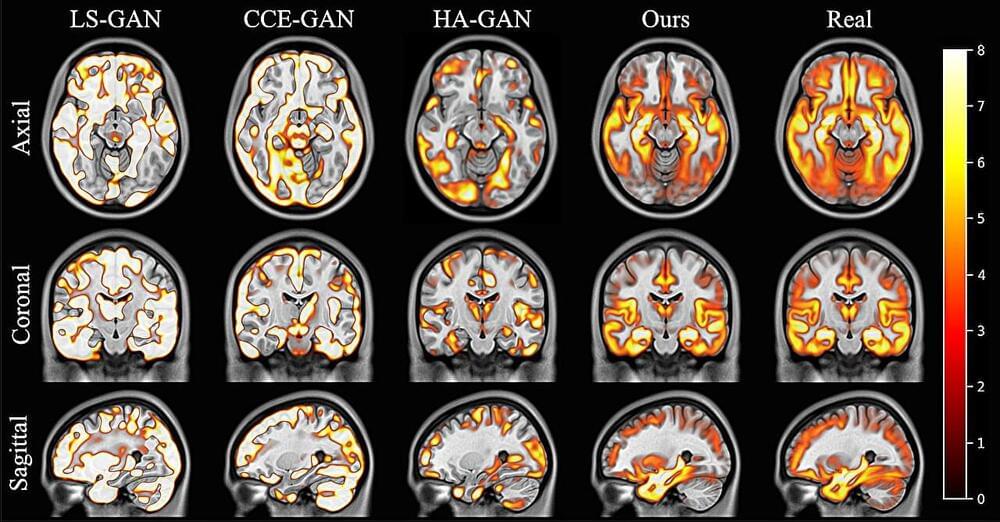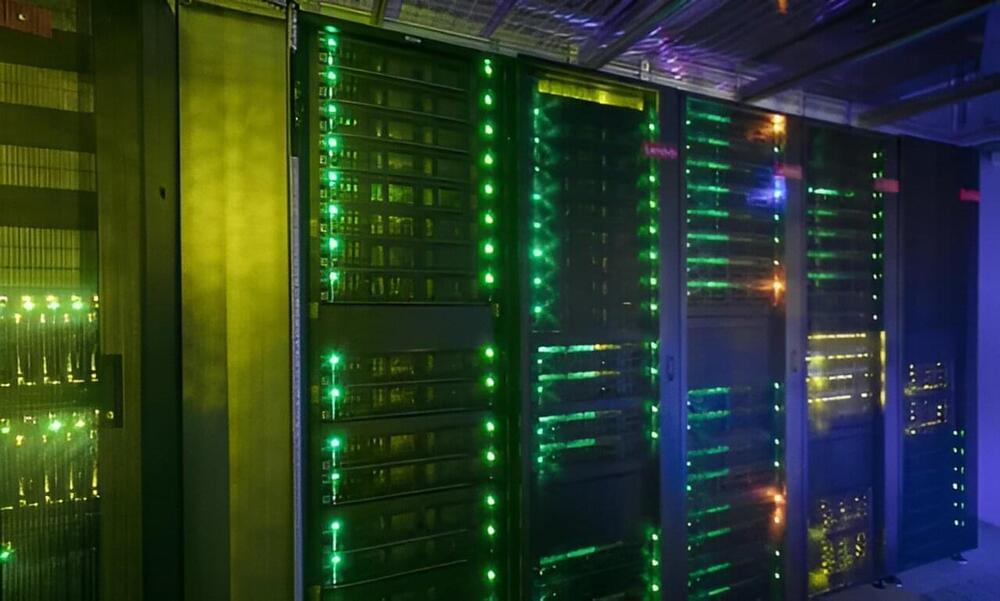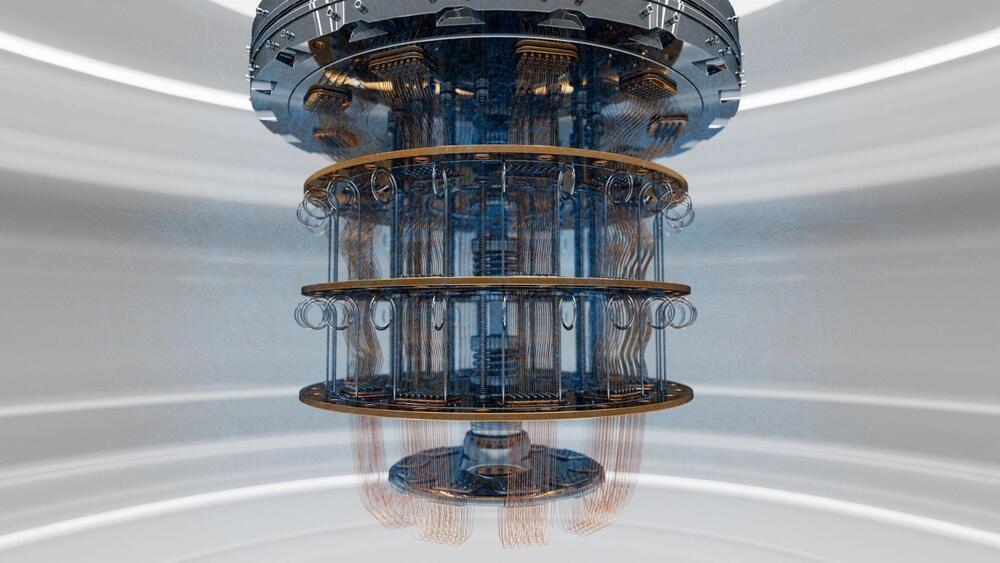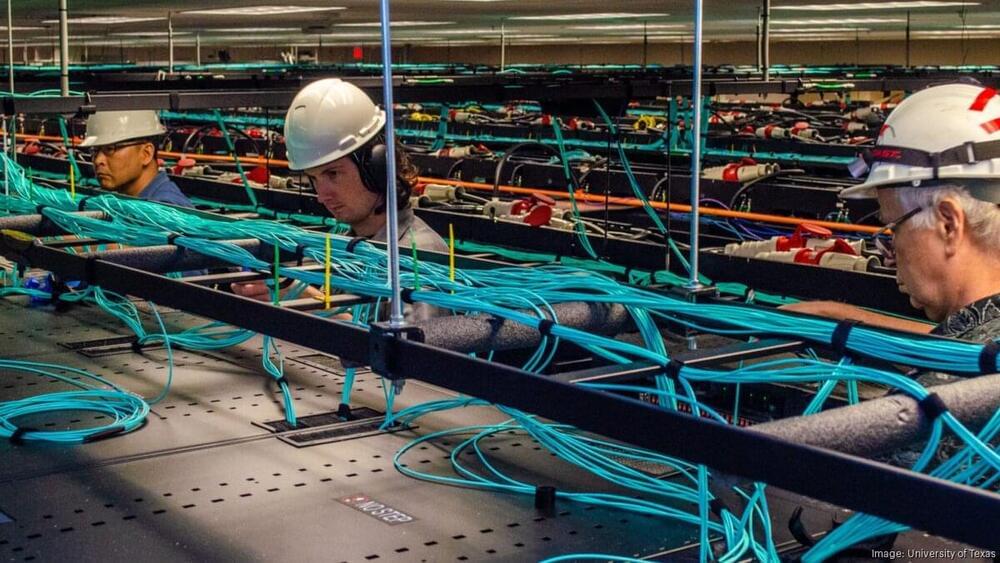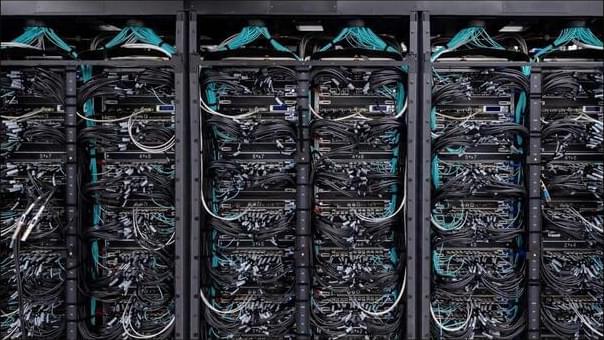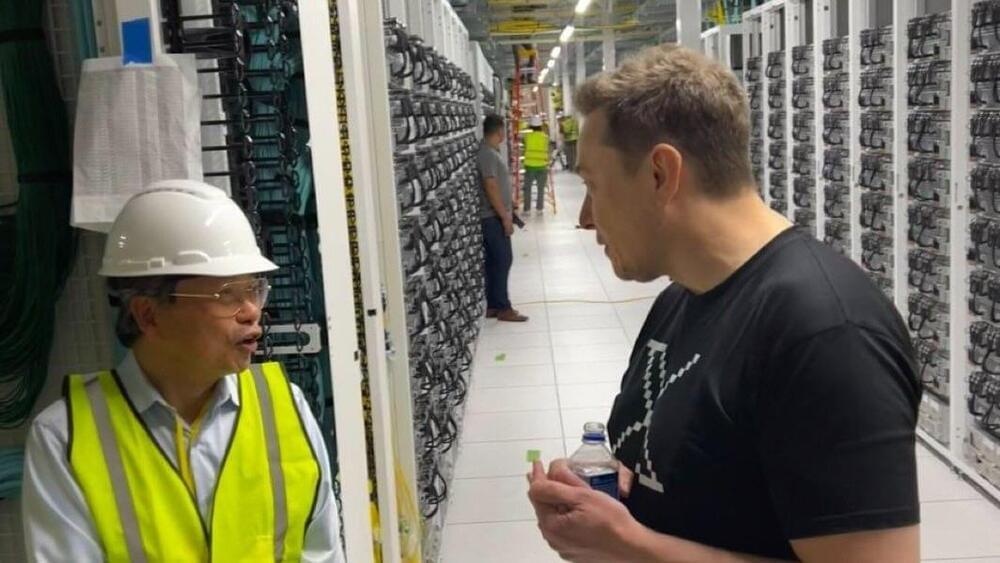The field of organoid intelligence is recognized as groundbreaking. In this field, scientists utilize human brain cells to enhance computer functionality. They cultivate tissues in laboratories that mimic real organs, particularly the brain. These brain organoids can perform brain-like functions and are being developed by Dr. Thomas Hartung and his team at the Johns Hopkins Bloomberg School of Public Health.
For nearly two decades, scientists have used organoids to conduct experiments without harming humans or animals. Hartung, who has been cultivating brain organoids from human skin samples since 2012, aims to integrate these organoids into computing. This approach promises more energy-efficient computing than current supercomputers and could revolutionize drug testing, improve our understanding of the human brain, and push the boundaries of computing technology.
The conducted research highlights the potential of biocomputing to surpass the limitations of traditional computing and AI. Despite AI’s advancements, it still falls short of replicating the human brain’s capabilities, such as energy efficiency, learning, and complex decision-making. The human brain’s capacity for information storage and energy efficiency remains unparalleled by modern computers. Hartung’s work with brain organoids, inspired by Nobel Prize-winning stem cell research, aims to replicate cognitive functions in the lab. This research could open new avenues for understanding the human brain by allowing ethical experimentation. The team envisions scaling up the size of brain organoids and developing communication tools for input and output, enabling more complex tasks.
